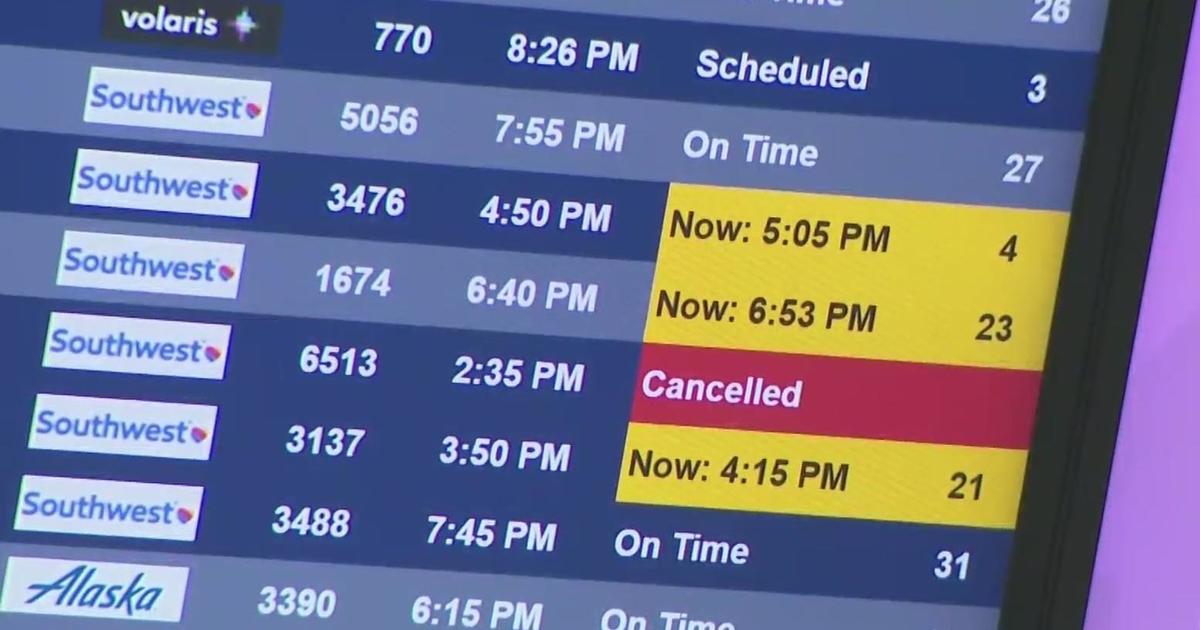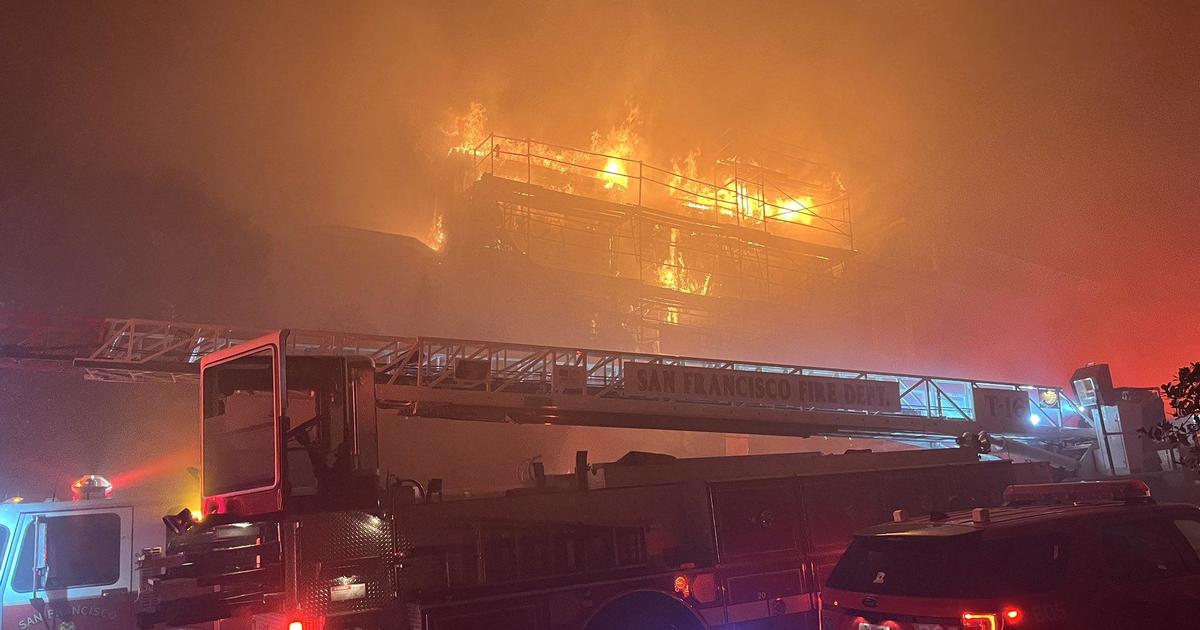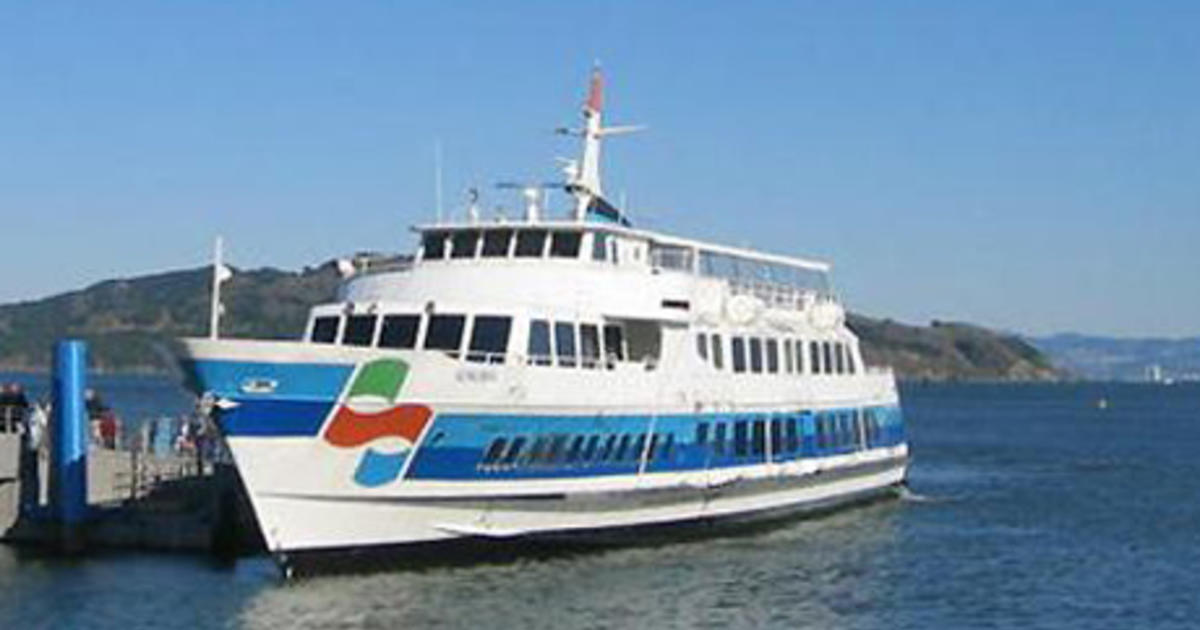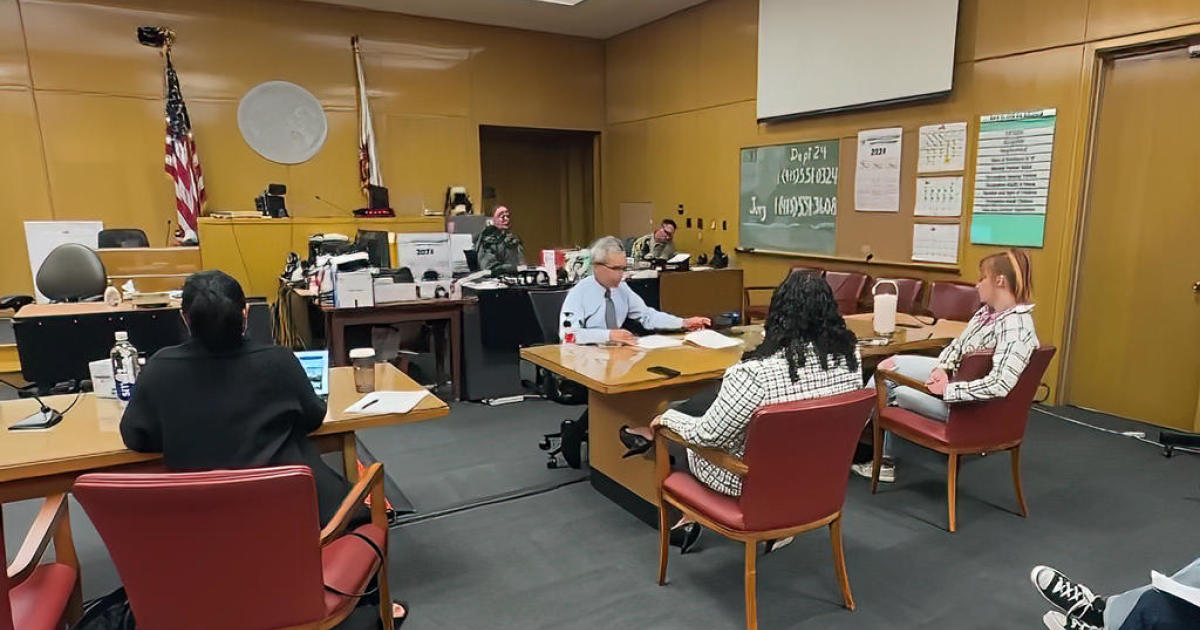San Jose Approves License Plate Readers In Effort To Stop Smash And Grab Robberies
SAN JOSE (KPIX) -- In an effort to combat the spike in retail "smash-mob" robberies plaguing the Bay Area, the San Jose city council has approved spending a portion of federal COVID-19 relief money on license plate readers (LPRs).
The vote to allocate the $250,000 towards LPRs was unanimous and was included as a line item, amongst other expenditures, of $18.3 million dollars of American Rescue Plan Act funds, San Jose received from the Biden Administration.
Mayor Sam Liccardo announced a push for the funding in response to recent incidents at Valley Fair, Santana Row, and downtown San Jose, where large groups of thieves rushed in and ransacked stores.
In a memo, Liccardo wrote the LPRs would "enable SJPD to better deter and make arrests in armed 'smash-mob' burglaries and robberies, auto thefts, and drive-by shootings." The memo stated that data collected from the LPRs would not be shared with federal immigration authorities.
"Where culprits are attempting to evade the license plate readers, all the better because that's a very clear warning, when we see folks covering their license plates, that those are drivers that should be pulled over," said Liccardo.
According to San Jose Police Asst. Chief Paul Joseph, the exact model of the LPR system has not yet been decided. It would likely be a stationary unit that can be moved to various crime hotspots around the city.
"We absolutely are going to take into account crime all throughout the city, and not just in any one particular spot," said Joseph.
Asst. Chief Joseph added that LPRs privately funded by management of Grand Century Mall in east San Jose, led to the arrests of several suspects involved in a Bay Area-wide ring of purse snatch thefts.
LPRs are not new in the city. A south San Jose neighborhood has installed privately-funded LPRs, mounting them on residential buildings. SJPD deployed the technology on a small number of patrol vehicles beginning in 2016.
Dave Maass, Director of Investigations at the Electronic Frontier Foundation based in San Francisco, conducted research on police use of LPRs statewide and found SJPD scanned and stored 1.6 million plates in 2020. Of those plates, 1,509 were of interest to investigators, representing a success rate of 0.089%.
"You hear that they're going to be spending a quarter million dollars on license plate readers. I'm like, it's not a great use of money," said Maass.
According to Maass, license plate databases are often poorly managed by law enforcement agencies and sometimes abused by jealous exes spying on former lovers. In some instances, false matches have led to wrongful arrests, which resulted in expensive financial settlements with victims.
Maass does not believe the LPRs will stop the coordinated smash-mobs.
"I think when you have clever criminals like that, license plate readers are not going to deter them. I think that if any of your your your viewers think about license plate readers for more than five minutes, they will think about a way that you can get around them. Because license plate readers are very good at capturing information on innocent people, but maybe not so good at capturing information on people who are willing to break the law," said Maass.



